
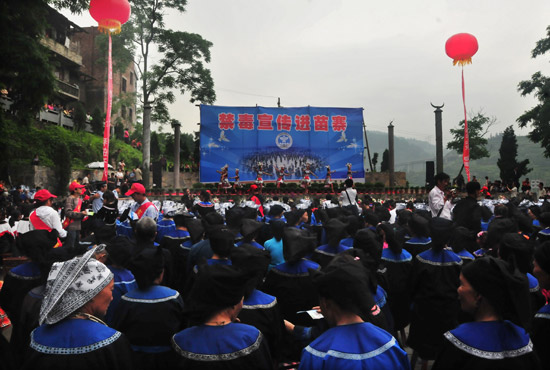
Legend of the drug rehabilitation grass
In southwest China there circulates folklore about the drug rehabilitation grass. There was once a very rich man surnamed Deng in Southeast Guizhou. Since his family owned large area of opium field, all his family members became addicted to using opium by virtue of the “geographical proximity”, which not only took the lives of several wives of his, but the rich man himself became gravely ill, with life hanging on a thread. Under desperation, his family was willing to sell all 20mu (120 acres) of the fertile field in exchange for saving the rich man’s life. Shortly after that, a kind-hearted doctor named Song Laoba gained instructions from the fairy in a dream, found a detoxification herbal on the Thunder God Mountain, and saved the life of the rich man. The rich man Deng not only fully recovered his health but also got rid of opium addiction from then on. The story spread on and all the nearby opium users took Song Laoba’s herbal and got completely recovered. Since then, the magic herb became known as the “drug rehabilitation grass”.
Although only a legend, it is not difficult to see from here the far-reaching characteristic and universality of the longstanding tradition of drug involvement and using among the folks in Guizhou. 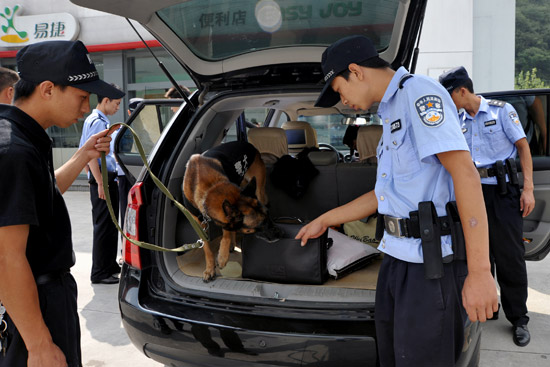
Guizhou is located in the hinterland of southwest China, close to Yunnan, and not far from the “Golden Triangle” of major drug producers in the world. Affected by domestic and international drug-related factors and the special geographical location, Guizhou features very severe drug situation and has more massive drug groups compared with most other provinces and cities in the country, making it an important channel for drug trafficking and a region more seriously stricken by the harm of drugs, resulting in very heavy and arduous anti-drug tasks. As of the end of 2011, there were 117,147 drug addicts registered online throughout Guizhou province, ranking the 6th among the 35 counties / cities / districts with more than one thousand drug addicts in the country. In 2011, 14,377 drug addicts were identified in the entire province and the registration rate was 13.99% (the increase rate in 2010 was 13.52%). Although this figure is lower than the registration rate of 16.31% in 2011, the absolute number of increased addicts in Guizhou was large due to the large base number.


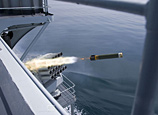
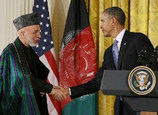
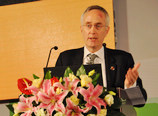
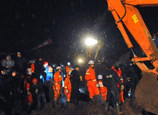

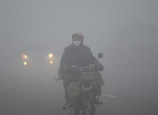

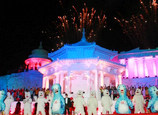







 Beijing police save female hostage
Beijing police save female hostage


![]()
